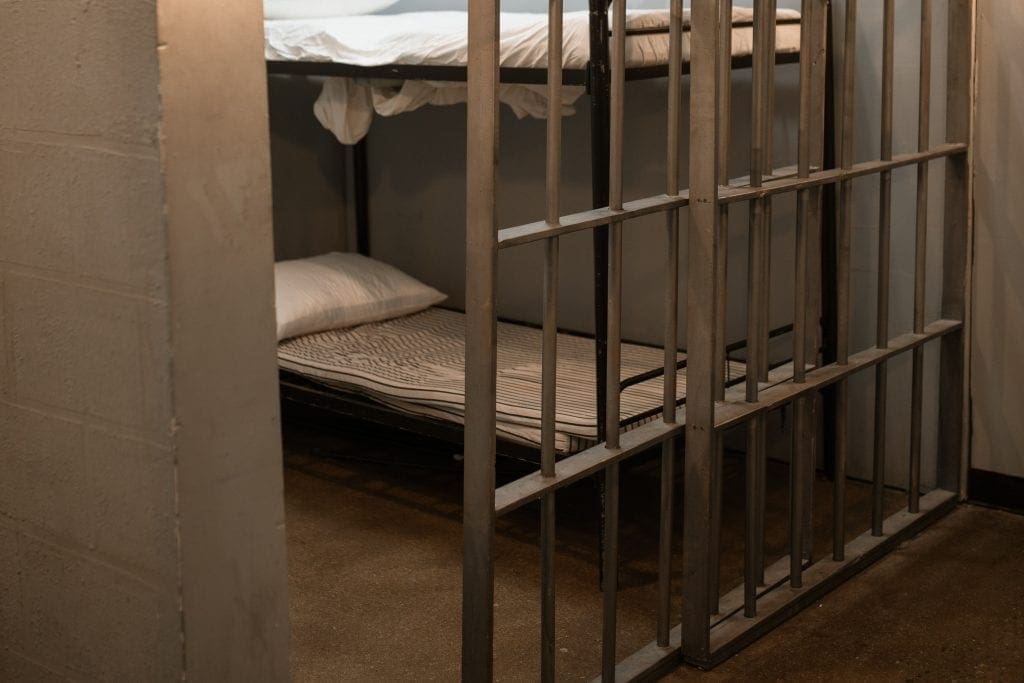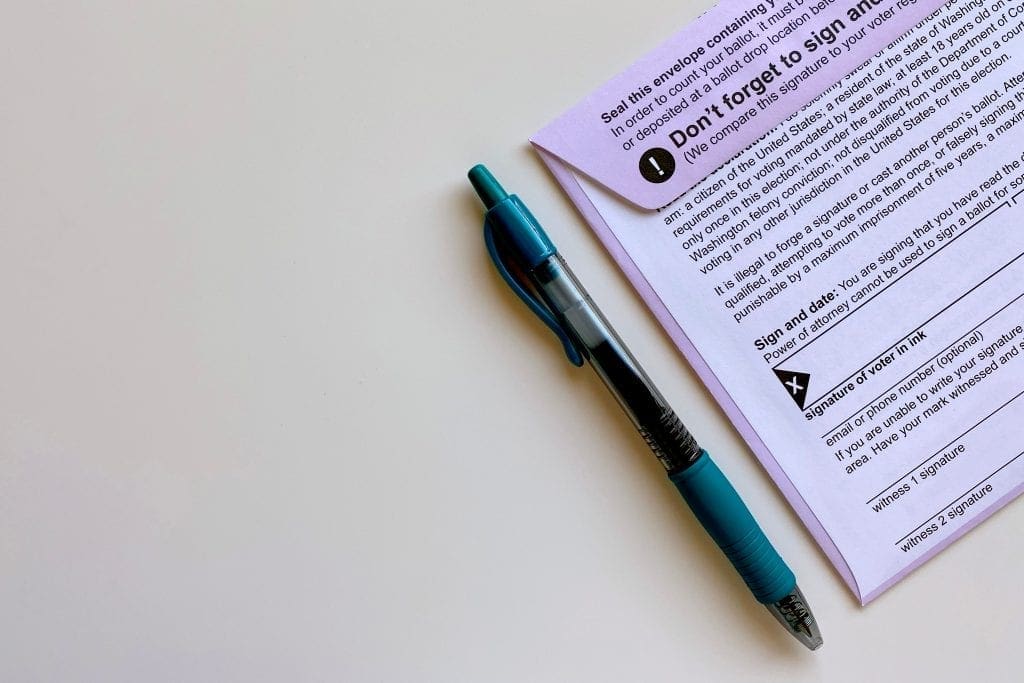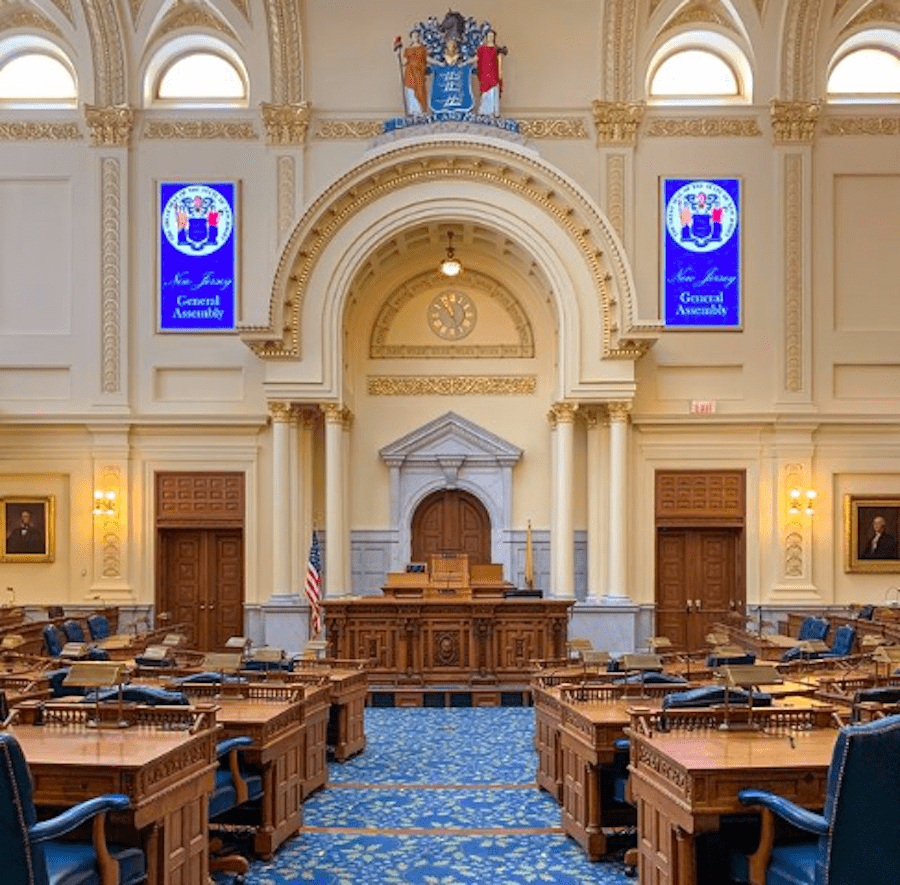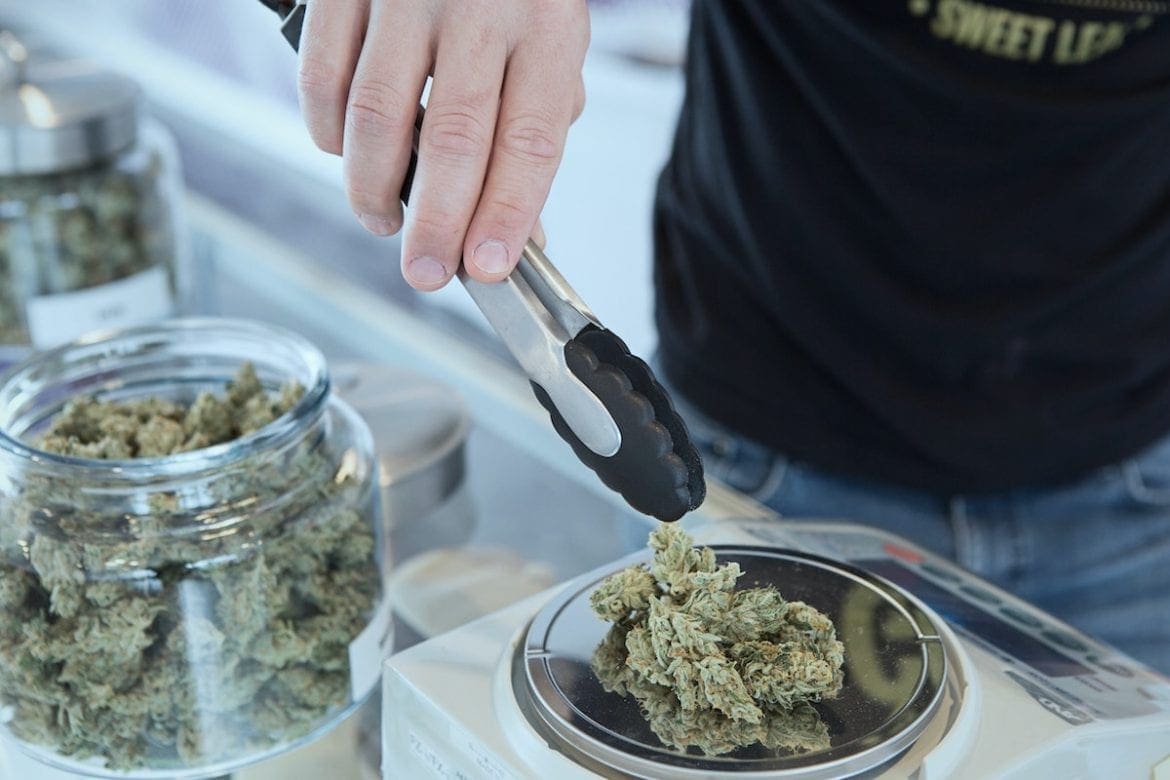2020 has finally brought some positive news. This election cycle, New Jersey voters approved an amendment—Question 1 on the ballot—to legalize the possession and use of recreational marijuana for citizens over the age of 21. In fact, the bill passed by a sweeping 2-to-1 margin, receiving 67 percent of the vote. And with several CBD stores popping up throughout the state, its no surprise. While this is wonderful news, it doesn’t mean you can carelessly smoke joints in public. Not only does the bill not go into effect until January 1, 2021, but there’s also a mountain of legislative obstacles to overcome. So, now that marijuana has been legalized in New Jersey, what happens next?
Why Legalize Marijuana in New Jersey?

Nearly 1 million people have been arrested on marijuana charges in New Jersey since 1990.
When it comes to legalization, the social and economic advantages greatly outweigh any grievances with recreational marijuana.
Of course, there are factions of citizens who oppose legalization for various reasons. For instance, many people argue marijuana is a “gateway drug,” and therefore shouldn’t be legally accessible. By this metric, alcohol (a much more addictive substance) should undoubtedly be illegal, as well. Not to mention cigarettes, which account for nearly 500,000 deaths per year in the United States.
Albeit, the state legislature has plenty of kinks to work out during the legalization process. For instance, the state will need a plan of action to prevent and mitigate“high driving.” However, legislators will certainly address these are issues over the coming months and years. For reference, here’s how Colorado, one of the first states to legalize marijuana, is dealing with “high driving.”
From a social perspective—and perhaps the most urgent plea for legalization—this amendment will address disproportionate arrest rates in minority communities. Currently in New Jersey, black residents are 3.5 times more likely than white residents to be charged with possession of marijuana, despite similar usage rates (as per the ACLU). Meanwhile, arrest rates for marijuana are astronomically high in New jersey. In fact, nearly 1 million people have been arrested on marijuana charges since 1990.
And economically, legalization is a no-brainer. The state estimates it will generate $126 million a year once the market is up and running. Not to mention an implosion of jobs. But, that’s the kicker. Now that marijuana has been legalized in New Jersey, what’s next? When will the marijuana industry be functional and what needs to happen in the meantime?
What the Ballot Tells Us

“New Jersey Public Question 1, Marijuana Legalization Amendment” passed by a 2-to-1 margin.
“New Jersey Public Question 1, Marijuana Legalization Amendment” is what appeared on the ballot, and ultimately the people approved. In all honesty, it provides minimal information on the legalization process, but it does offer some useful insight.
As per the ballot, this constitutional amendment legalizes the possession and use of marijuana for persons age 21 and older, as well as the cultivation, processing and sale of retail marijuana to be enacted on January 1, 2021.
More specifically, Question 1 applied the state’s standard sales tax of 6.625 percent to the sale of recreational marijuana. It also authorized local governments to enact an additional 2 percent sales tax.
Moreover, we can also glean that the Cannabis Regulatory Commission (CRC), which was first established to oversee the state’s medical marijuana program, will be responsible for regulating the cultivation, processing and sale of recreational marijuana. Ultimately, the CRC will play a leading role in establishing legalization regulations.
Finally, and most importantly, Question 1 called for the creation of an online portal to enable citizens with marijuana convictions (possession charges of up to five pounds) to expedite expungements. Furthermore, the amendment requires dismissal or reduction of pending possession charges. It also prevents employers, landlords and other parties from discriminating against people with marijuana convictions.
Unfortunately, the ballot doesn’t offer much in the way of specifics, such as how much marijuana an individual can possess and other similar details. These are aspects that the state legislature will need to address.
Marijuana Has Been Legalized in New Jersey, What’s Next?

Here, in the New Jersey State House, the state legislature voted to decriminalize the possession of marijuana on December 17. @njstatehousetours
Considering we still know very little, the legalization process will likely take months, if not years. In fact, Governor Phil Murphy admitted it could take up to a year before the industry is up and running. In Massachusetts, for example, it took over two years from the time voters approved recreational marijuana to the opening of the state’s first legal dispensaries. However long it takes, here’s what needs to happen.
From here on out, it’s up to your elected leaders to carry the legalization torch. This begins by establishing “enabling legislation,” which essentially are laws that will mitigate marijuana arrests and establish the legalization framework until regulations are in effect.
In order for this transition to go smoothly, the legislature will need to establish such laws by the new year when the amendment goes into effect. Fortunately, the state legislature made headway with a decriminalization vote on December 17, just in time for 2021. Despite previous disagreements on a decriminalization bill, the State Assembly voted to decriminalize the possession and distribution of up to six ounces of marijuana.
Lawmakers also voted on a bill that established a framework for the marijuana industry. Specifically, the legislation states that the state will allot 37 licenses to marijuana growers during the first two years of legal sales. However, this limit will not apply to “micro-licenses,” which the state can grant businesses with 10 or fewer employees. More importantly, the state will also dedicate 70 percent of the sales tax revenue to support programs for legal aid, health care and mentoring in minority communities disproportionately affected by drug laws. This is promising news for the legalization process, however the Governor still needs to sign off on the bill. That said, it’s unlikely that Governor Murphy shuts down the efforts of the state legislature.
Some states glide through this process with ease. In Nevada, for example, it only took 53 days for the state legislature to sign a legalization bill after the referendum passed. Other states, however, have taken much longer, such as Washington, which took 619 days. With New Jersey’s most recent legalization bill only needing one more signature to be official (just a month after the referendum), it’s safe to say that lawmakers are working rapidly towards legalization.
That said, there’s no saying when dispensaries will actually open to the public. Many states in the legalization process establish timelines for when recreational dispensaries will open. This typically includes dates for when the state will finalize guidelines and accept applications for licenses. However, New Jersey has yet to create such a timeline. Therefore, it could be well over a year before you see recreational dispensaries opening in the Garden State.
Final Thoughts
As you can already tell, the road to legalization is a long and arduous path. But, as citizens you’ve done your part by casting your votes. Now, the burden lies on your elected leaders to get the job done—and progress is already underway. With a decriminalization bill making its way through Trenton, readers should keep their eyes peeled for further details pertaining to the state’s legalization process. It may be months, or even years, before you see a recreational dispensary in your neighborhood. But, rest assured, recreational marijuana is coming to the Garden State.
About the Author/s
A product of North Jersey, Will is an aspiring writer who enjoys music, comedy and fast food.

1 comment
I can’t believe this is still an issue in 2021. Marijuana is way less dangerous than alcohol and that’s legal.